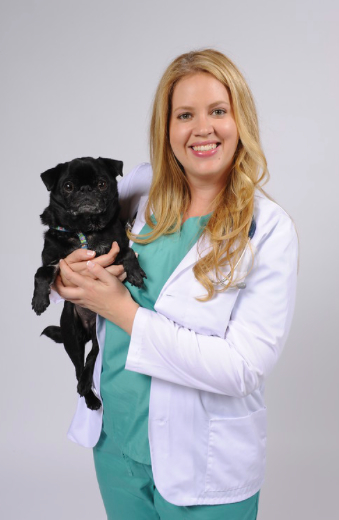
Dogs are living longer because of better veterinary care, however dogs are considered senior earlier than you might think. For most dogs, senior is considered greater than eight years old. Giant breed dogs, such as Great Danes or Saint Bernards, are considered senior over the age of five. Although it is great to have the extra time with our dogs, unfortunately this comes with a new set of age-related conditions.
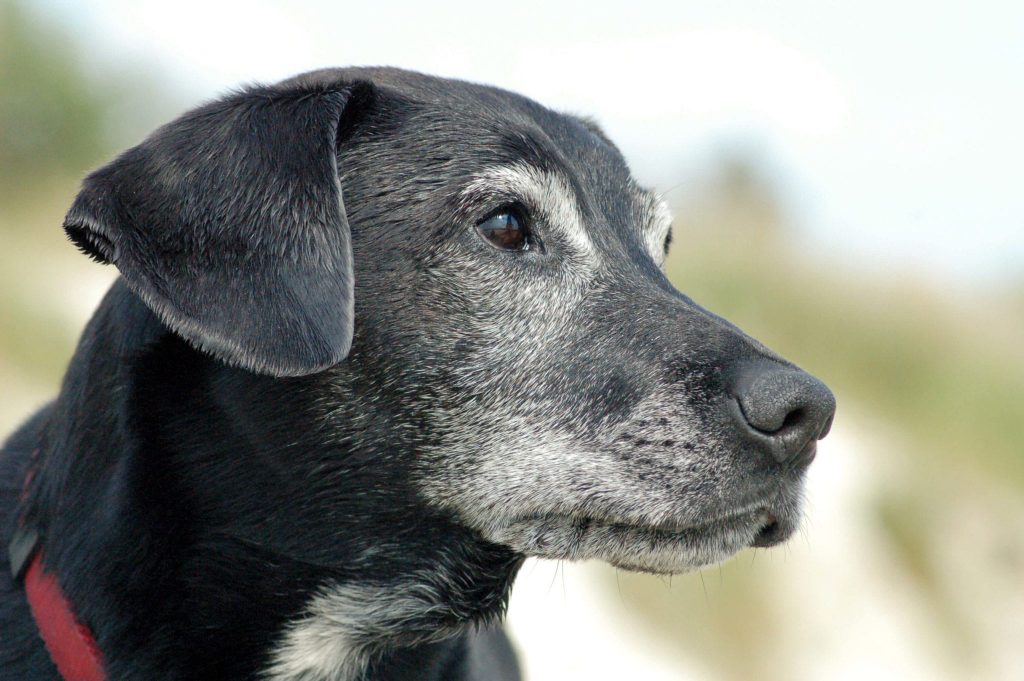
The goals of a veterinarian are to keep dogs happy and healthy as long as possible. Here are seven ways to help your senior dog have a better quality of life for as long as possible.
Once our pet is considered senior, ideal veterinary care will change from the visits we had when our dogs were young. It is recommended that older dogs have a veterinary visit semi-annually, or possibly more frequently if they have any health conditions. The exam may be more in depth, and appropriate testing may include bloodwork or x-rays as a tool to screen for disease or if your pet is having any abnormal signs. These tests and a physical exam by your veterinarian check for signs of diseases that are more common in our older dogs.
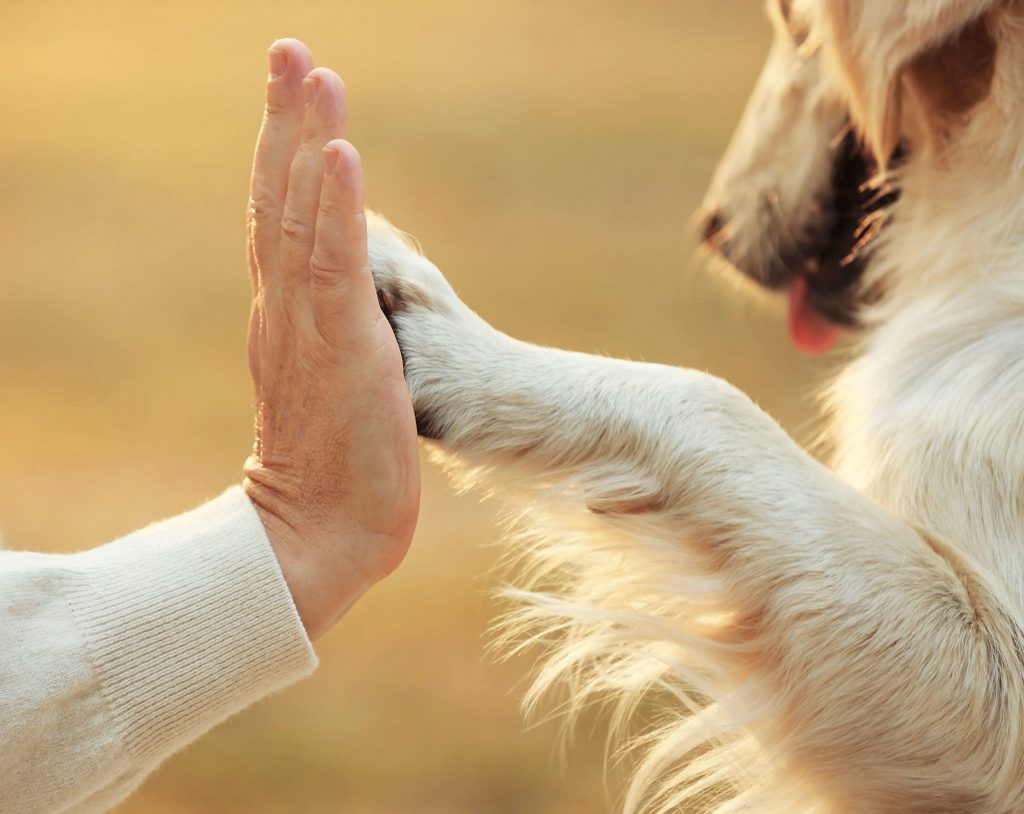
Sadly we can see disease in pets of any age, but senior dogs are more likely to develop the same health issues we see in older people including:
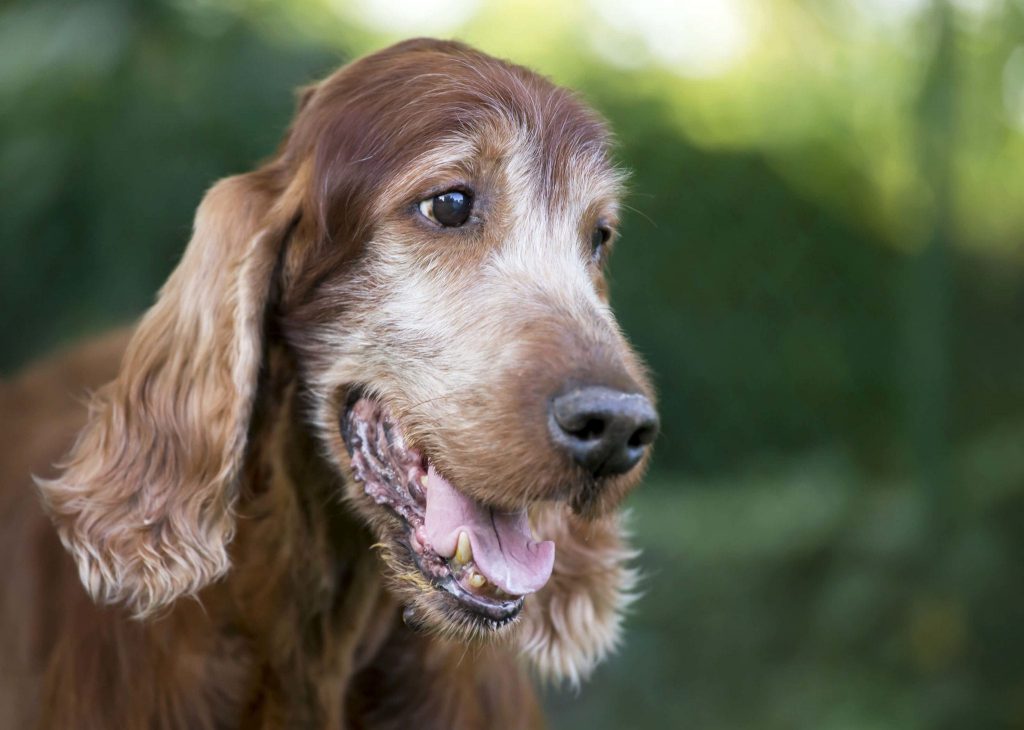
Although these signs can occur in dogs of a variety of ages, there are a few common signs of disease that senior dogs should be monitored for. If any of these signs are seen, a visit with your veterinarian is recommended. The following is a list of critical changes to monitor your pet for.
Many senior pets will sadly suffer from cancer and although there is not one specific sign to monitor for, there are some signs of cancer in dogs.
Monitoring pets for behavioral changes is critical because as we see these changes, abnormal medical signs may start to occur. Changes in behavior are a good indicator that your pet may have a disease.
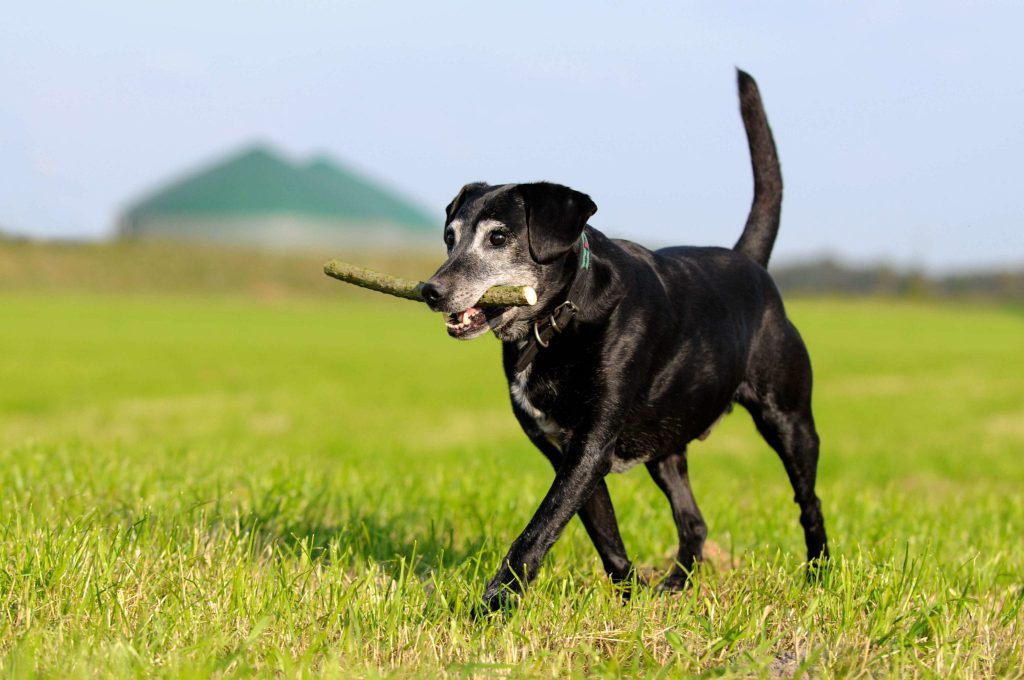
Below are the following possible behavioral changes we should closely monitor our older dogs for.
Many senior dogs will suffer from Canine Cognitive Dysfunction, which is similar to Alzheimer’s disease or dementia in people. Although there is no specific treatment to reverse the changes that occur in the brain during this process, there are some things that can be done to decrease the severity of the symptoms such as increasing exercise and mental stimulation. Attempting to teach your dog new tricks may also be helpful. Your veterinarian may recommend medicine and supplements, such as omega fatty acids that can help slow down the progression of the disease.
One of the biggest fears owners have for themselves, loved ones and their pets is to ensure they are not in pain. Pain can be expressed in each dog differently and many dogs are very tough and will not show signs of pain.
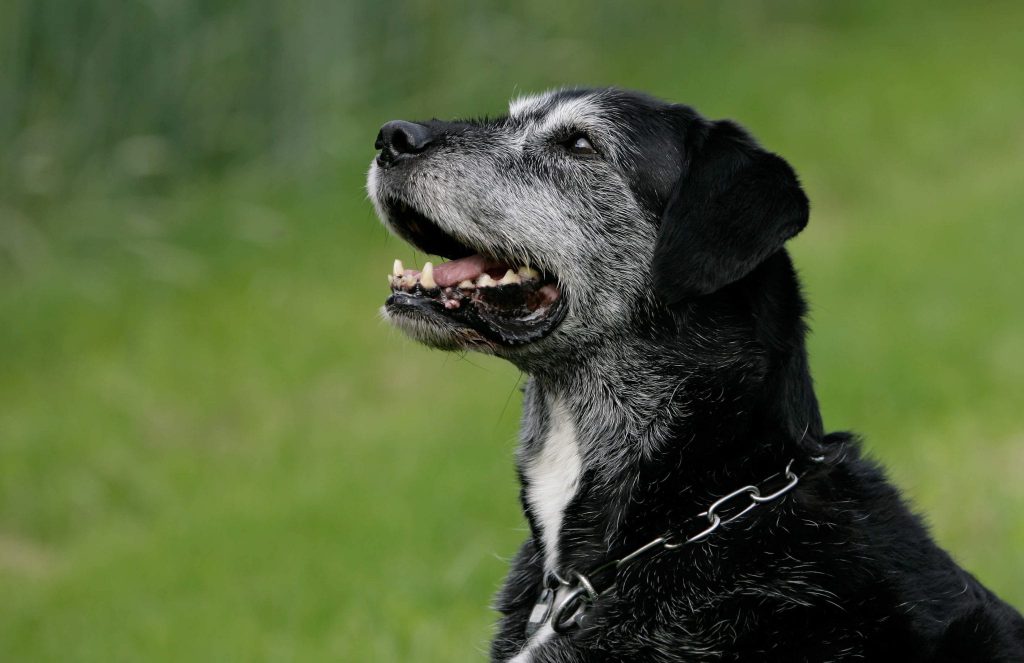
Below are some of the signs of pain.
A variety of diseases and conditions can cause pain, and there are many options for pain relief that can be discussed with your veterinarian. One or multiple prescription medications may be prescribed. The use of supplements such as omega fatty acids and glucosamine can provide pain relief. Other options include acupuncture, massage and physical therapy.
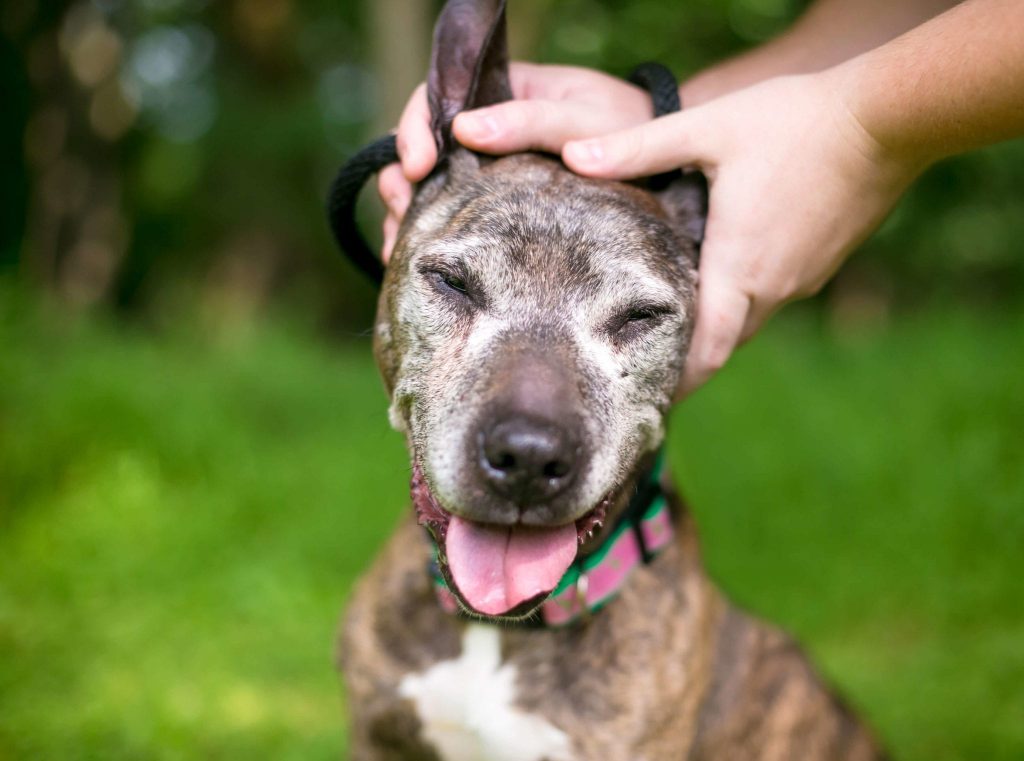
The use of supplements, particularly those containing glucosamine, chondroitin and omega fatty acids will benefit senior pets. Both can help significantly with arthritis, which is very common in older dogs. They have very rare side effects, mostly tummy upset that improves after a few doses and these supplements have been proven to be safe and effective. Many older pets will have changes in their activity level and avoid playing, jumping, running and other activities they previously enjoyed. The use of these supplements both as a preventative and treatment can help your pet have a healthy activity level.

Glucosamine and chondroitin have been shown to help with both the degenerative and autoimmune form of arthritis, and provide pain relief. Fatty acids have also shown to be beneficial for a variety of other diseases. These include kidney failure, abnormal rhythms of the heart (arrhythmias), heart failure, inflammatory bowel disease and some cancers.
Some simple household changes may also be beneficial to older pets. Especially due to arthritis or neurologic conditions, your dog can have a tough time around the house and a few changes may be very helpful.
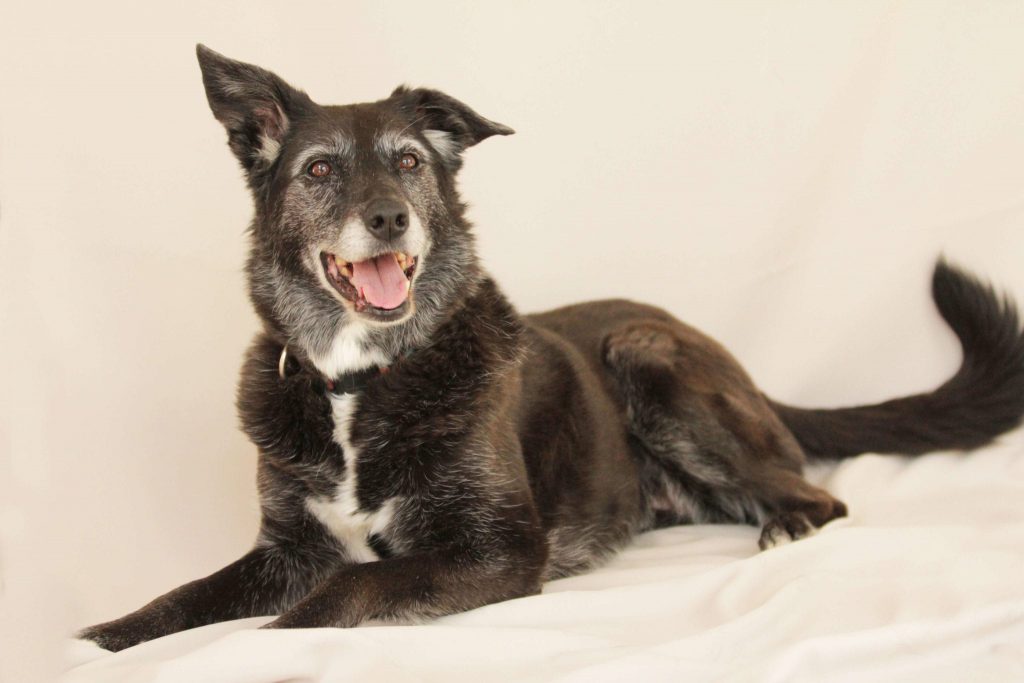
Other than the above changes, keeping everything similar to how your pet was raised is also ideal as your pet ages. Hearing and vision will diminish overtime, so moving or adding new pieces of furniture can affect your pet. Keeping bedding and food bowls in the same place will make life easier as these senses change. Moving homes can be difficult for older dogs and it can take them some time to become accustomed to their new household. And don’t forget to provide your aging dog with extra love and attention!
Weight changes can have a significant effect on a dog of any age, but particularly senior dogs. Keeping your dog at an ideal weight will provide your pet with a good quality of life. It is not important to focus on the number of pounds, but how your pet looks and feels. When you pet your dog on the side of the chest, you should be able to feel the bony ribs, but should not be able to see them from across the room. When you look at your dog from above, they should have a tiny inward tuck of their waist. If your dog does not have this appearance, your dog is considered overweight or obese.
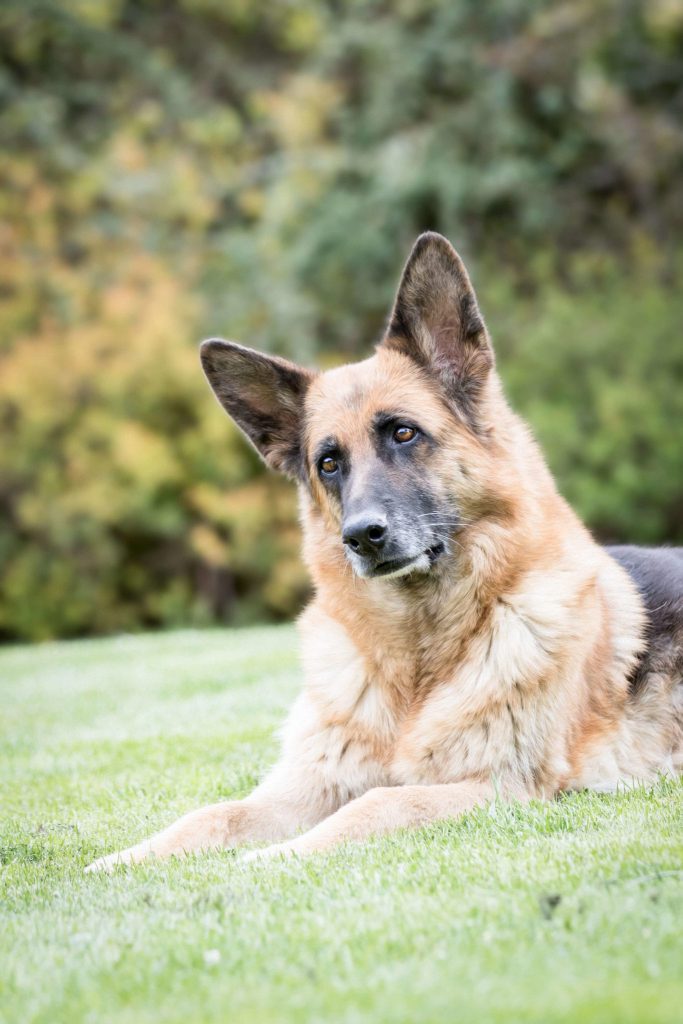
Excess weight or obesity increases the risk of many diseases, as it does in humans. Arthritis is one of the most common diseases affected by excess weight. However, respiratory issues, heart disease, high blood pressure and skin diseases also commonly occur. Despite feeding and exercising your dog properly, some dogs will gain weight due to an undiagnosed disease being present, most commonly hormonal diseases affecting the thyroid (hypothyroidism) or adrenal glands (Cushing’s disease). If your dog is gaining weight for no apparent reason, it is recommended to have them evaluated by a veterinarian and bloodwork will likely be recommended. An excess of treats can also result in weight gain and does not provide the appropriate nutrients..
Weight loss is also important to monitor. Some senior pets may become picky eaters as they age, and will need a diet change for them to maintain a healthy weight. However, weight loss in senior pets is often due to an underlying disease. As we all age, some muscle loss is to be expected, but drastic, rapid muscle loss is also a sign of illness.
Weighing your pet at home or by bringing large dogs to a veterinary hospital is the best way to monitor weight. When we see our dogs daily, it is difficult to judge ourselves.
Nutrition is key to helping your senior dog maintain a healthy weight. As your dog ages, so does their ability to taste and smell food, which can affect their appetite. Many dogs will become picky eaters, and a diet change may be helpful. Many dogs prefer canned food or moisture added to dry food as they age, as chewing may be more difficult for them. If your pet is healthy and at an ideal weight an adult maintenance or a senior diet is suitable and should contain the following:
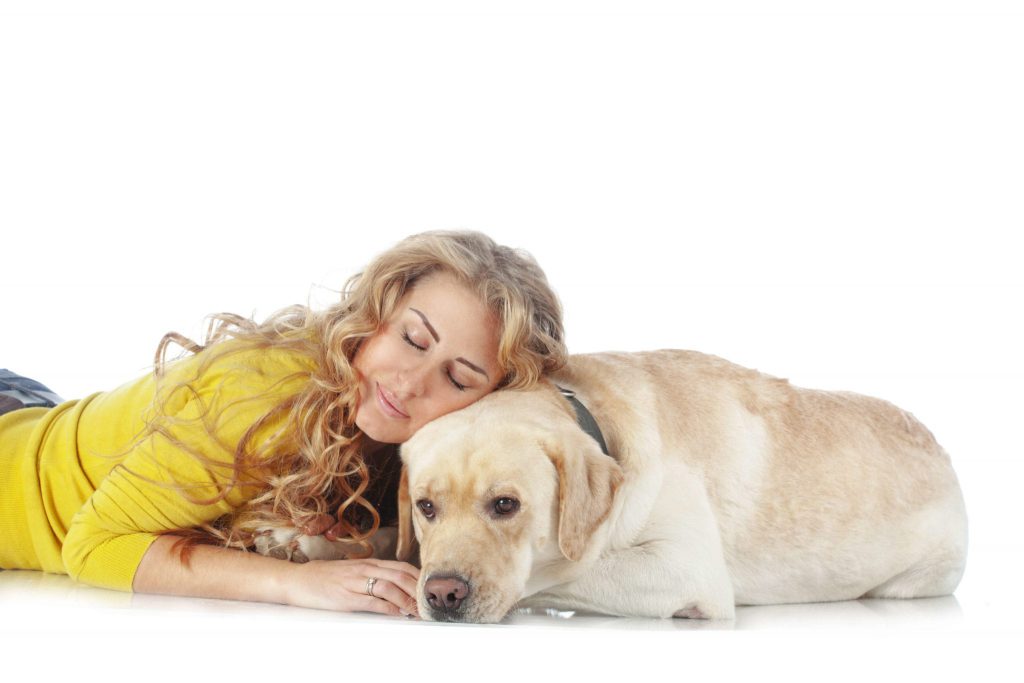
Many health conditions require a specific diet. These diseases are not often cured by diet but slow down the progression of the disease. The following diseases are just a few examples that can be helped by dietary changes.
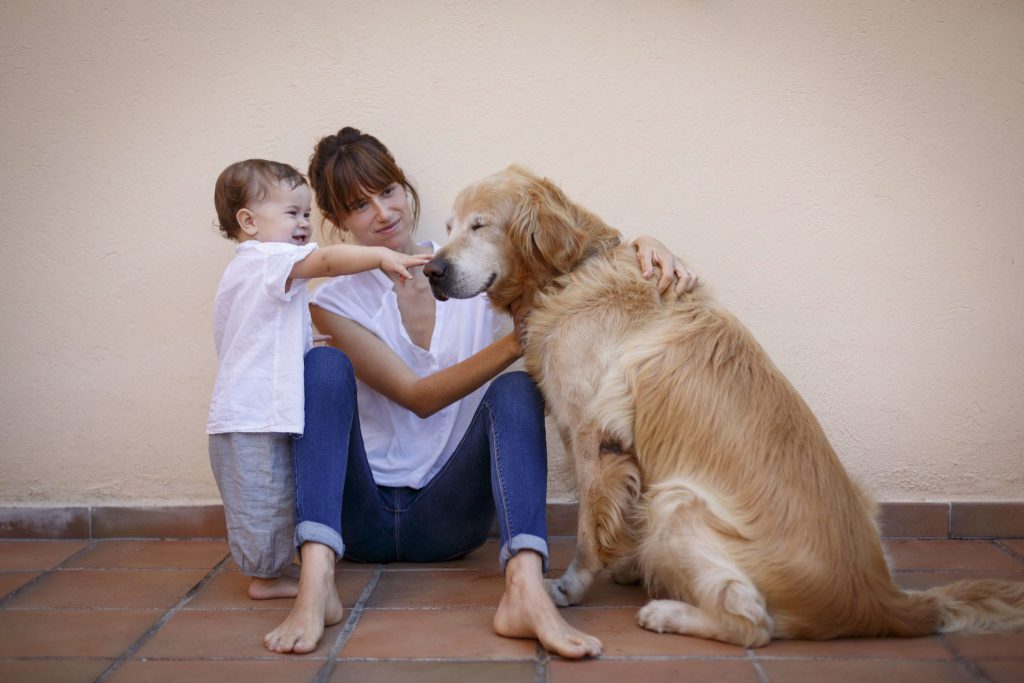
Many people feed their dogs a home cooked diet. If a home cooked diet is being used, it is important that the appropriate amounts of supplements are added, as a dog should not eat only human food. A lack of appropriate canine nutrients can have detrimental effects on any dog, particularly those who are senior. There are many reasons why home cooked diets that are not supplemented appropriately can be unsafe. One example is taurine, an amino acid that when lacking leads to pets developing heart disease. There are supplement kits that can be added to home cooked diets.
A proper diet should be developed by working with your veterinarian to choose appropriate foods for your senior dog. If a home cooked diet is being used, you veterinarian can make sure your dog is getting adequate essential nutrients to maintain good health.


